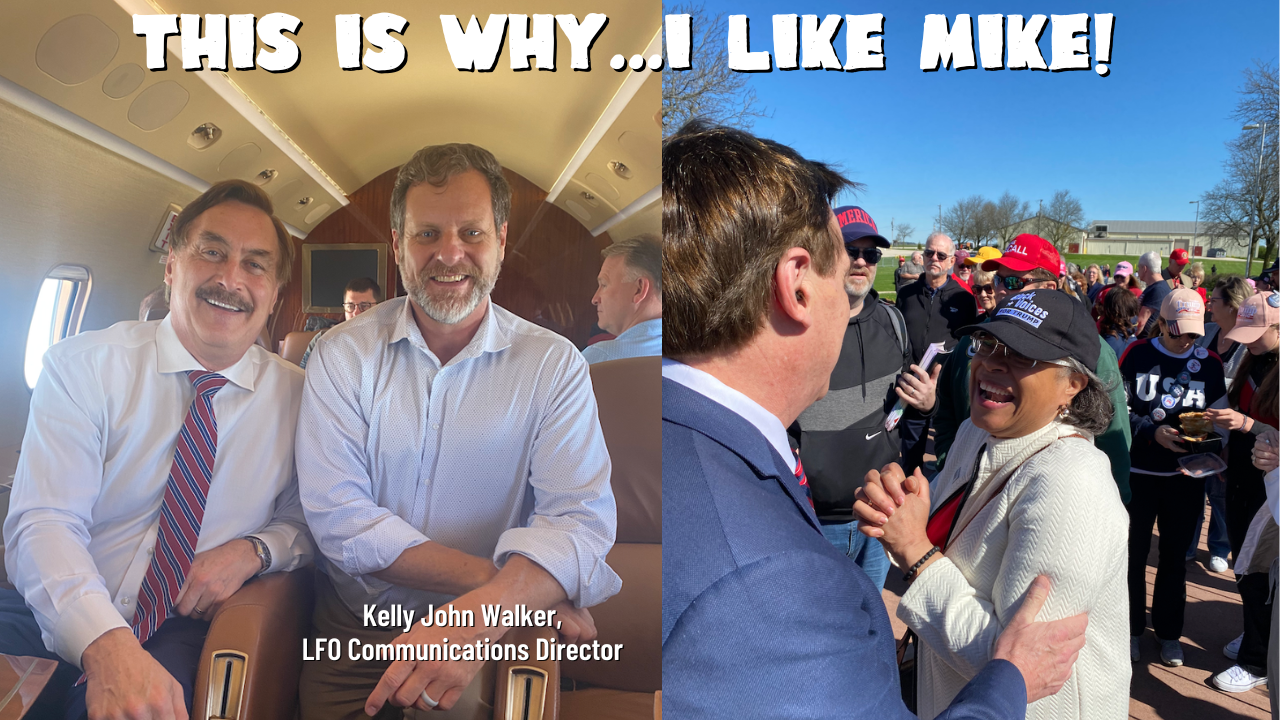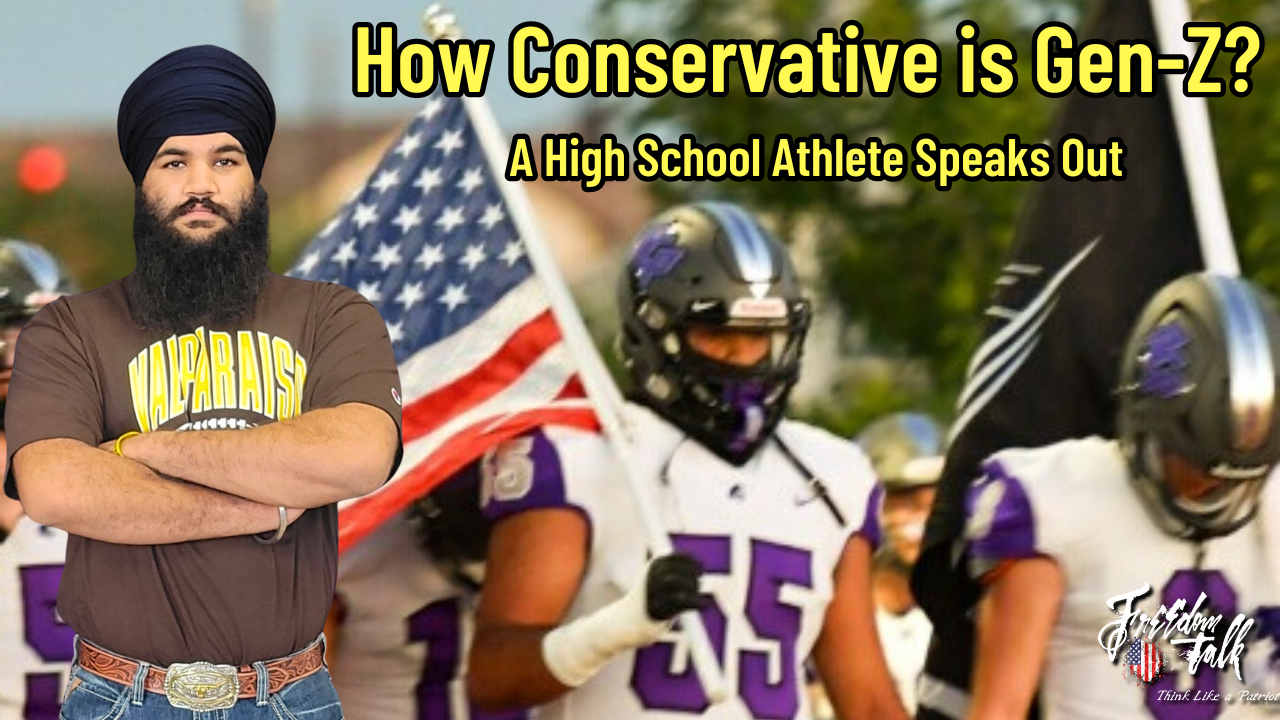How far we have fallen.
Western society has embraced the antithesis of true manhood, encouraging males to be easily offended, embrace dependency, and identify with their weaknesses rather than overcoming them. It has attacked masculinity and manliness as something dangerous, harmful, and toxic.
A March 12, 2021 article in Psychology Today by Silva Neves encourages readers to “confront the roots of ‘toxic masculinity.’” He attributes this “toxicity” to a “strict set of rules that prescribe what being a man should be.” Neves then conjures up a banal list of “man rules” seemingly out of thin air, without explaining how he came up with them.
- A man should suffer physical and emotional pain in silence.
Are whining and complaining better options? Authentic men do talk about their pain, and many share their feelings to various degrees, depending on their personality type. But they don’t dwell on their pain or their reactions to it.
Being men, we pick ourselves up and seek solutions, knowing that ultimately, only we can face our personal pain and allow it to transform us into someone stronger. That’s healthy, mature behavior.
“Bless you prison, bless you for being in my life,” wrote Aleksandr Solzhenitsyn, in The Gulag Archipelago. “For there, lying upon the rotting prison straw, I came to realize that the object of life is not prosperity as we are made to believe, but the maturity of the human soul.”
Whenever my sons fell off a bike and skinned their knees, I’d hug them, check to make sure they weren’t seriously injured, and then tell them, “get back on the bike, son.” That kind of courage is a quality that they will need for life.
When you lose a job, take a break to catch your breath, and then find a new one. If you get a leg blown off serving overseas, mourn, heal, and then learn to walk with an artificial leg. Get back into life. Then go help someone else who is struggling.
- A man shouldn’t seek warmth, comfort, or tenderness.
A man can and will enjoy these things. But he doesn’t “seek” them. He is more likely to seek challenges, opportunities to grow, and ways to get stronger. It’s easy to enjoy warmth, comfort, and tenderness, but life requires strength training as well. Because life can be hard, men seek to become harder than it so we can prevail against whatever it throws our way. Theodore Roosevelt gave a now-classic speech in Chicago in 1899 on “The Strenuous Life.” Here’s an excerpt:
A life of slothful ease, a life of that peace which springs merely from lack either of desire or of power to strive after great things, is as little worthy of a nation as of an individual…Who among you would teach your boys that ease, that peace, is to be the first consideration in their eyes—to be the ultimate goal after which they strive? A mere life of ease is not in the end a very satisfactory life, and, above all, it is a life which ultimately unfits those who follow it for serious work in the world….I preach to you, then, my countrymen, that our country calls not for the life of ease but for the life of strenuous endeavor. The twentieth century looms before us big with the fate of many nations. If we stand idly by, if we seek merely swollen, slothful ease and ignoble peace, if we shrink from the hard contests where men must win at the hazard of their lives and at the risk of all they hold dear, then the bolder and stronger peoples will pass us by, and will win for themselves the domination of the world. Let us therefore boldly face the life of strife, resolute to do our duty well and manfully; resolute to be both honest and brave, to serve high ideals, yet to use practical methods. Above all, let us shrink from no strife, through hard and dangerous endeavor, that we shall ultimately win the goal of true national greatness.
- A man should only have the emotions of bravery and anger. Any other emotions are weaknesses. Weakness is unacceptable.
This “rule” is a parody that hardly merits a response. It would be insulting if it weren’t so dumb. I know exactly zero men like this. Weakness isn’t “unacceptable,” but it’s certainly not a virtue. What many men consider unacceptable is embracing weakness, or turning away from the opportunity to grow stronger. As I told my sons, “it’s okay to feel discouraged or sad; it’s not okay to stay there!”
Because evil exists in the world, there will always be predators willing to exploit weaknesses to prey on the weak. For this reason, among a multitude of others, every society needs strong men to protect and defend others against evil men. (It’s not that women can’t join in this protection, but men are physiologically stronger, as biologically male swimmer Lia Thomas is currently demonstrating by helping destroy women’s sports.)
- A man shouldn’t depend on anyone. Asking for help is also weak.
Self-reliance is a core principle upon which this country was founded. But that doesn’t mean we don’t ask for help; men do it all the time. It’s healthy to know you can depend on others to help when you’ve done all you can. But relying on others to do what we can do ourselves conditions a man to become dependent on others—and that’s not healthy. I taught my sons that, before they ask for help, they need to try and figure things out for themselves. Life presents many occasions when help is not available—like getting a flat tire on a lonely road or finding oneself lost in the woods—self-reliance is a virtue.
Theodore Roosevelt overcame respiratory illness and an atrophied body, largely thanks to the support and encouragement of his father. Young Teddy needed his father’s help, but he did not depend on Theodore Sr. to be strong for him. His father didn’t put him through hours of counseling, he spent time with his son and taught him to be a man of strength. Theodore Sr. didn’t attempt to take all life’s obstacles out of Teddy’s way, he taught his son to overcome them.
This is why Theodore went on to say things that have inspired generations of men like, “We do not admire the man of timid peace. We admire the man who embodies victorious effort; the man who never wrongs his neighbor, who is prompt to help a friend, but who has those virile qualities necessary to win in the stern strife of actual life.”
- A man should always want to win, whether in sports, work, relationships, or sex.
Well, we certainly don’t want to lose! Men don’t play not to lose; we play to win, but we know the importance of sportsmanship and losing with grace—that’s why we shake hands with the other team after the game and say, “good game.” We honor them for playing well.
Most importantly, we know our biggest opponent is ourselves, and if we’ve given it our very best effort, we can live with “you can’t win them all.” What we cannot accept is losing because we didn’t give our best effort to win. The great Vince Lombardi said, “I firmly believe that any man’s finest hour, the greatest fulfillment of all that he holds dear, is that moment when he has worked his heart out in a good cause and lies exhausted on the field of battle—victorious.” The most difficult victory, according to Aristotle, is victory over self.
Life requires winning when it matters—against illness, the elements, adversariess, economic hardship, our own laziness—practicing winning is essential to our survival.
In the 2006 movie, Rocky Balboa, Rocky’s son complains, “living with you hasn’t been easy…I start to get a little ahead, to get a little something for myself, and then this [taking a post-retirement fight] happens…”
Rocky doesn’t respond by giving his son some chamomile tea, calling his therapist, and driving him to his safe space; he gives him an epic dad-style motivational speech:
Let me tell you something you already know. The world ain’t all sunshine and rainbows. It’s a very mean and nasty place and I don’t care how tough you are it will beat you to your knees and keep you there permanently if you let it. You, me, or nobody is gonna hit as hard as life. But it ain’t about how hard ya hit. It’s about how hard you can get hit and keep moving forward. How much you can take and keep moving forward. That’s how winning is done! Now if you know what you’re worth then go out and get what you’re worth. But ya gotta be willing to take the hits, and not pointing fingers saying you ain’t where you wanna be because of him, or her, or anybody! Cowards do that and that ain’t you! You’re better than that! I’m always gonna love you no matter what. No matter what happens. You’re my son and you’re my blood. You’re the best thing in my life. But until you start believing in yourself, ya ain’t gonna have a life.
Rocky Balboa
Multiple cultures across time have celebrated the strength of men. Challenge, hardship, and pain were seen as necessary catalysts to grow a boy into a man—and men were expected to become tough. For millennia, men have been celebrated as protectors and providers.
“Grandfather impressed upon me that every struggle, whether won or lost, strengthens us for the next to come,” as James Kaywaykla dictated to Eve Ball in her fascinating book, In the Days of Victorio: Recollections of a Warm Springs Apache. “It is not good for people to have an easy life. They become weak, and inefficient when they cease to struggle.”
Founding Father and Virginia’s first Governor Patrick Henry said, “Adversity toughens manhood, and the characteristic of the good or the great man is not that he has been exempt from the evils of life, but that he has surmounted them.”
Real masculinity isn’t toxic, and it certainly isn’t the ridiculous one-dimensional straw man the Left beats like a cheap piñata from the clearance rack at Walmart. Men are multifaceted. Yes, real men are tough, willing to take the hits; we are able to endure suffering and hardship—because that’s what life often demands. But that strength and the ability to overcome suffering also cultivates a soul capable of compassion, chivalry, and a lack of self-focus. It makes us excellent fathers, coaches, husbands, and the best of lovers.
What is truly toxic is a weak, dependent man with anemic aspirations and a lack of initiative. Such immature creatures add little to the world except criticism of the strong…and perhaps vapid little articles offering nothing of value that no one should take seriously.







